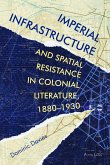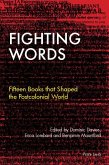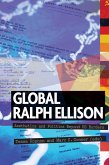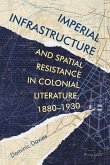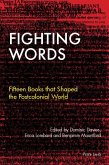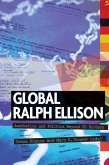This book examines a selection of prison memoirs by five renowned African writers: Ngugi wa Thiong'o, Ruth First, Wole Soyinka, Nawal El Saadawi and Jack Mapanje. Detained across the continent from the 1960s onward due to their writing and political engagement, each writer's memoir forms a crucial yet often overlooked part of their wider literary work. The author analyses the varied and unique narrative strategies used to portray the prison, formulating a theory of prison memoir as genre that reads the texts alongside postcolonial, trauma, life-writing and prison theory. The book also illustrates the importance of these memoirs in the telling of their historical moment, from apartheid South Africa to post-independence Kenya, Nigeria, Egypt and Malawi.
Dieser Download kann aus rechtlichen Gründen nur mit Rechnungsadresse in A, D ausgeliefert werden.
«This is an outstanding study of African prison writing which makes a significant contribution to the study of life writing and twentieth-century African history alike. By focusing on key African writers and intellectuals, all of whom were incarcerated for their politics, Knighton explores in great detail how prison affects the mind, body and imagination, and how it strengthens rather than weakens the will to resist.» (Dr Christopher Warnes, Senior Lecturer in English, University of Cambridge)
«Writing the Prison in African Literature is a glittering contribution to the field of African life writing. Countering the prejudice that autobiography is implicitly a Western form, the book demonstrates that the African prison memoir enables agile self-construction through a multi-layered structure and a mutable set of mechanics. Readers will find much to savour in Knighton's astute and understated masterpiece.» (Dr Brendon Nicholls, Lecturer in African and Postcolonial Literatures, University of Leeds)
«Writing the Prison in African Literature is a glittering contribution to the field of African life writing. Countering the prejudice that autobiography is implicitly a Western form, the book demonstrates that the African prison memoir enables agile self-construction through a multi-layered structure and a mutable set of mechanics. Readers will find much to savour in Knighton's astute and understated masterpiece.» (Dr Brendon Nicholls, Lecturer in African and Postcolonial Literatures, University of Leeds)




